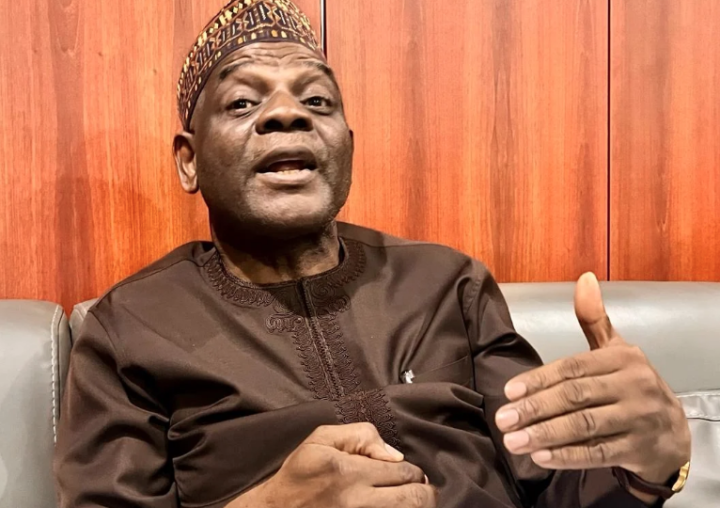Senate President Godswill Akpabio.
Senate President Godswill Akpabio has called for the reform of a rule which requires the consent of the attorney-general of the federation (AGF) before executing judgments against the federal government.
Akpabio spoke in Abuja on Wednesday at the national summit on justice.
The senate president said the burden placed on a judgment creditor to obtain the consent of the AGF before a monetary judgment can be enforced against the federal government often acts as a bottleneck, delaying justice and undermining the autonomy of the judicial system.
“In our view, to enhance efficiency while maintaining necessary checks, we propose replacing the requirement for the attorney general’s consent with a mandatory notification system,” he said.
Advertisement
“Upon receiving a judgment against the government, the relevant authorities will notify the attorney-general immediately in writing.
“Following the notification, the attorney-general will have a specified period, say 30 days, to respond. The response could involve initiating an appeal or settling the matter directly. This timeline ensures prompt action and prevents undue delays in justice delivery.
“If there is no response from the attorney general within this period, the judgment will be executed automatically.
Advertisement
“This measure is crucial to prevent stalling and ensure that judgments are respected and enforced promptly. In cases where the decision comes from a final court, the option to appeal is not available.
“Therefore, the attorney-general’s response would be primarily directed towards settlement. This approach ensures that the government acts responsibly as a litigant and respects the decisions of our highest court in the land.”
The senate president also called for urgent reform in the approach of interlocutory appeals in civil cases.
“Currently, these appeals often cause unnecessary delays, prolonging litigation and burdening our courts,” he said.
Advertisement
“As was done in the criminal jurisprudence during the enactment of the Administration of Criminal Justice Act 2015, we propose that all appeals in civil cases should be taken only after the conclusion of the substantive case.
“This change will accelerate judicial processes, reduce backlog, and ensure that litigations are not unduly prolonged by intermediate appeals.”
Another area Akpabio sought reform is the misuse of ex parte orders in political cases by judges.
To curb the situation, he said the National Judicial Council (NJC) must exercise stringent oversight and impose decisive punishment for judges who are found to have abused their authority in the discharge of their duties.
Advertisement
President Bola Tinubu who was represented at the event by Vice-President Kashim Shettima urged the judiciary to align its activities with the tenets of his administration’s renewed hope agenda, particularly as they relate “to the priorities on inclusivity, fairness, rule of law, and anti-corruption stance, among other things”.
Advertisement
Add a comment






